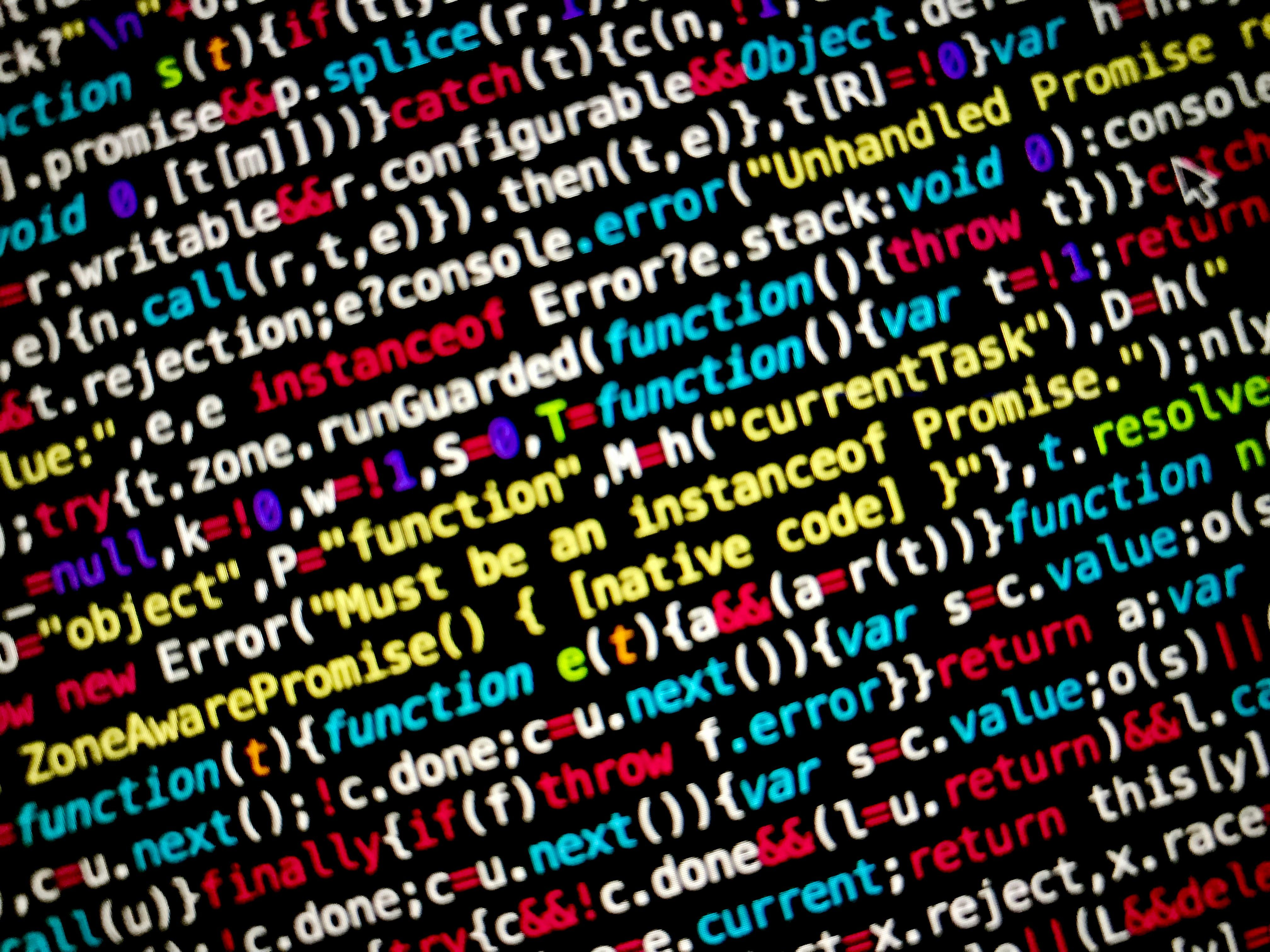John Scott Award granted to robotics expert Daniela Rus
MIT Robotics Pioneer Daniela Rus Honored with John Scott Award
Daniela Rus, the esteemed director of MIT's Computer Science and Artificial Intelligence Laboratory and a professor of electrical engineering and computer science, has been named a co-recipient of the 2024 John Scott Award. This prestigious recognition, a testament to the enduring connection between scientific progress and human potential, is presented annually by the City Trusts in Philadelphia, the birthplace of American independence.
The award marks Rus's inclusion among a distinguished list of scientists that includes luminaries such as Thomas Edison, Nikola Tesla, the Wright brothers, Marie Curie, Guglielmo Marconi, and 20 additional Nobel Prize winners. The 2024 award recognizes her groundbreaking work in robotics, which has fundamentally changed the field's understanding and expanded the concept of what a robot can be.
Accompanying Rus on this year's list of awardees are Takeo Kanade from Carnegie Mellon University and Vijay Kumar from the University of Pennsylvania. The trio has been acknowledged for their collective contributions to scientific innovation.
Rus' research extends beyond traditional robotics, delving into the creation of machine intelligence that comprehends the physical world through explainable algorithms. She envisions a future where robots serve as collaborative partners, extending human capabilities - strength, precision, and reach - to solve real-world challenges.
During her acceptance speech, Rus reminisced about her days as a graduate student, pondering the potential of intelligent machines as a synergy between the body and brain. She expressed her gratitude for her mentors, students, and collaborators who have shared her vision of transformative technology.
Her projects are a testament to her commitment. The MiniSurgeon, an ingestible origami robot designed to remove dangerous button batteries from children, is one such example. Her work in soft robotics has led to the development of creatures resembling fish and sea turtles, thereby enabling unprecedented aquatic exploration. Modular robotic boats that self-assemble into bridges and platforms exemplify adaptive intelligence, while liquid neural networks, inspired by a tiny worm's neural system, demonstrate remarkable efficiency in navigating complex environments.
When reflecting on her most impactful work, Rus stated that it was not solely the metal robots but the students and researchers she had supported and mentored. This sentiment encapsulates Rus's deeper mission: not just advancing technology but nurturing the next generation of innovators.
Rus' future aspirations lie in creating robots capable of performing three key functions: perceiving, understanding, deciding, and interacting with their environment. The John Scott Award, symbolizing the convergence of scientific exploration and compassionate innovation, honors these aspirations and Rus's significant contributions to the field of robotics.
- Daniela Rus's research delves into the creation of machine intelligence that not only perceives the physical world but also comprehends it through explainable algorithms.
- Rus's groundbreaking work in robotics has expanded the concept of what a robot can be and has fundamentally changed the field's understanding.
- The John Scott Award, presented annually for scientific innovation, recognizes Rus's contributions, which include her work in soft robotics that enables unprecedented aquatic exploration.
- During her acceptance speech, Rus expressed her gratitude for her mentors, students, and collaborators, stating that not just advancing technology but nurturing the next generation of innovators is her deeper mission.
- Rus envisions a future where robots serve as collaborative partners, extending human capabilities - strength, precision, and reach - to solve real-world challenges.
- Accompanying Rus on the list of 2024 John Scott Award recipients are Takeo Kanade from Carnegie Mellon University and Vijay Kumar from the University of Pennsylvania, who have also been acknowledged for their collective contributions to scientific innovation, including artificial intelligence and technology.








